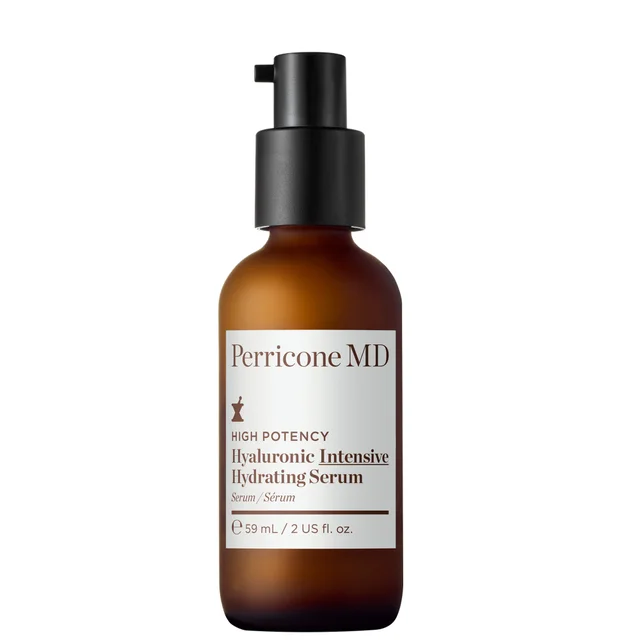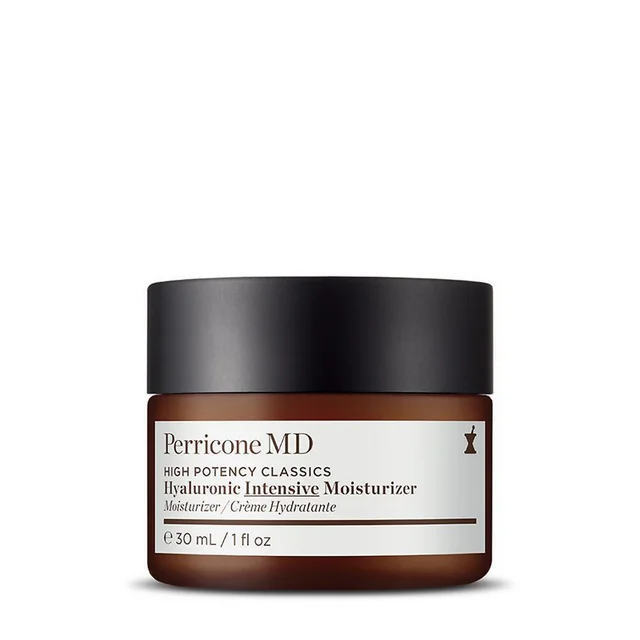Ingredient Spotlight: Hyaluronic Acid for Skin
When the ingredient hyaluronic acid first came onto the scene, we didn't know how to pronounce it. Combined with the concept of using an 'acid' on our skin, there was some skepticism surrounding this new skincare addition. Fast forward to today, the hydrating hero that is hyaluronic acid for the skin sits firmly in the majority of morning routines. Hyaluronic acid has undoubtedly earned its status in skincare as a key component of complexion-plumping products. However, if you're new to the game and are just discovering the world of acids and scientific-sounding formulas, fear not.
Here's all you need to know about hyaluronic acid for the skin.
Where does hyaluronic acid come from
Firstly, let's take a look at where hyaluronic acid comes from. Surprisingly enough, it is naturally produced by our own bodies, and mostly founds found in the fluids of the eyes and joints. However, as we progress through life, the amount of hyaluronic acid in our skin decreases due to many reasons, from the natural aging process to sun damage and pollution.
Our High Potency Hyaluronic Intensive Hydrating Serum has been made with a mix of molecular weights that allows it to penetrate both the surface of the skin and the layers within. This particular hyaluronic acid has been made from an exclusive technology of 4 forms and 2 natural building blocks of the ingredient. This allows it to hydrate on a deep level for a smoother and plumper-looking complexion.
What is hyaluronic acid good for?
We've mentioned that it is also known as a hydrating hero, but what else is hyaluronic acid good for?
Because it is a humectant and holds water molecules onto the surface of the skin, hyaluronic acid is good for helping the skin to appear:
- Plump
- Healthy
- Radiant
A lack of water in the skin can add years to the complexion, emphasising the appearance of fine lines and wrinkles. What's more, when the skin is dehydrated, it may over-produce oil to compensate for the lack of water. This is often the cause behind spurts of breakouts. When the skin is hydrated, it does not feel the need to produce more oil than is needed. To learn more about how dehydrated skin can affect your skin's health and complexion, take a look at our guide to Dry vs Dehydrated Skin.
This fast-absorbing formula in our High Potency Hyaluronic Intensive Hydrating Serum helps strengthen the skin's moisture barrier, increase the feel of skin cushion and reduce the appearance of fine lines and wrinkles for a healthy, youthful-looking appearance. As a result, it leaves the skin looking and feeling soft, supple, and rejuvenated.
Be sure to lock in the hydration from your serum into place by following with a layer of moisturiser, such as the High Potency Classics Hyaluronic Intensive Moisturiser.
Hyaluronic Acid vs. Retinol
Finally, they say that less is more, and this can certainly be applied to the skincare world. With more and more ingredients entering our bathroom cabinets, things seem to be getting a little complicated. For example, there are now some ingredients that should be kept separate, some which counteract each other, and others that are a match made in heaven. Therefore, when it comes to hyaluronic acid vs retinol, it's understandable that there's some confusion surrounding the two most well-known components of a modern-day skincare routine. Should they be used together or separately? Plus, what's the difference between hyaluronic acid vs retinol?
In short, retinol works to speed up cell turnover while hyaluronic acid hydrates the surface of the skin. Retinol comes with many other benefits, such as boosting collagen and elastin and tightening the appearance of pores. In fact, this ingredient has powerful properties, which is why many prefer to apply it to the skin before bed, allowing it to work its magic overnight.
Meanwhile, hyaluronic acid is an extremely gentle ingredient and works wonders in both AM and PM routines. What's more, thanks to its gentle effects, there's no need to compare hyaluronic acid vs retinol, you can simply use the two together. In fact, hyaluronic acid can help prevent the irritation commonly experienced with retinol from its hydration-boosting properties.
If you were unsure before, by now you may have established the many benefits of hyaluronic acid for the skin. From plumping the complexion to reducing visible signs of aging, what hyaluronic acid is good for has certainly secured its spot as a skincare must-have. This ingredient won't be budging any time soon so take a look at our hyaluronic acid must-haves today.
Shop This Post:


